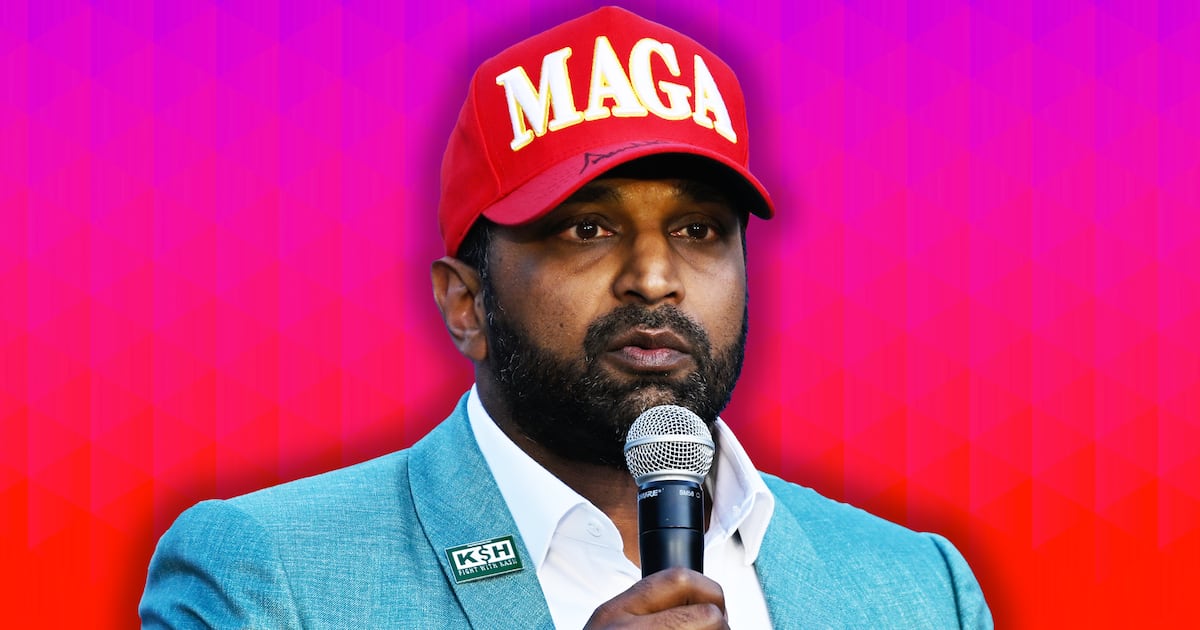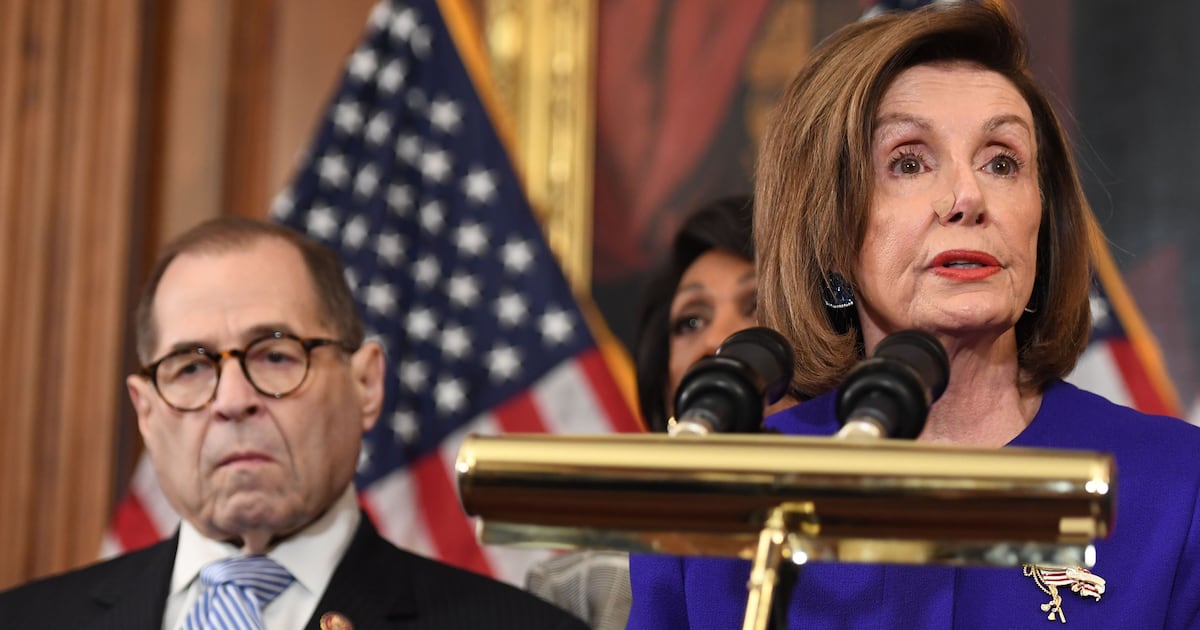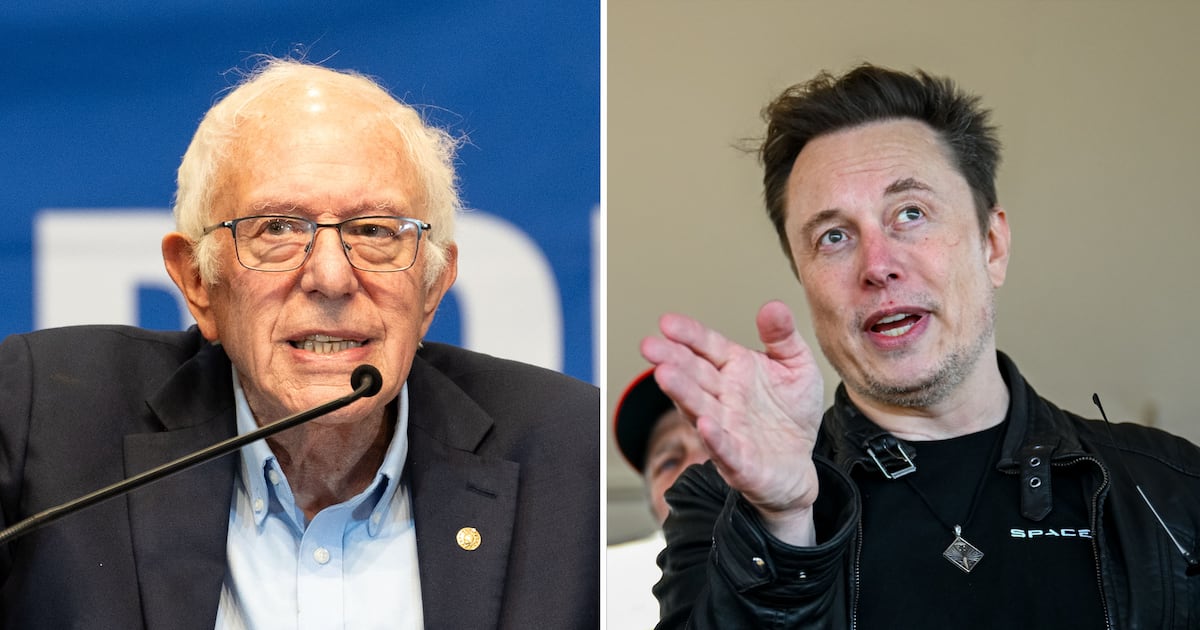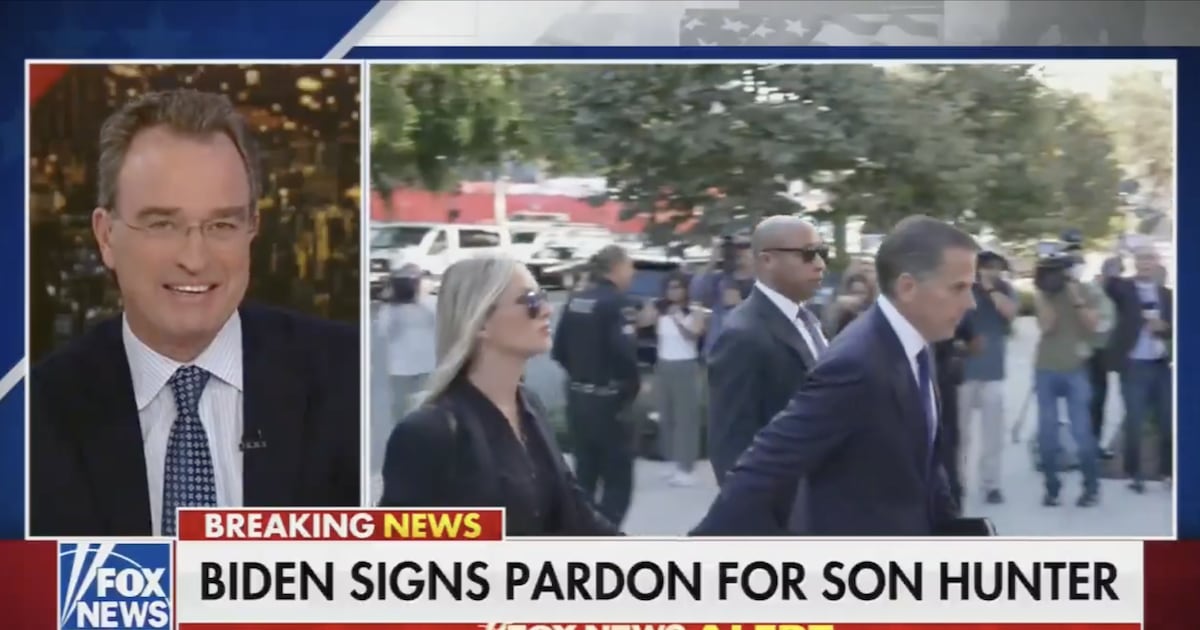Mike Wallace was a force of nature, and I’ve been on the receiving end of his gale-force personality.
The iconic CBS newsman, whose death at 93 was reported Sunday, was of course famous for ambush interviews and hidden-camera investigations, but he could take things too far. In 1994 I reported that he had secretly taped a conversation with a reporter, Karon Hall, who thought she was just providing background information to the program and did not want to go on the air. CBS wound up reprimanding Wallace for “a violation of journalistic ethics.”
The next time I spoke to him on the phone, he greeted me with thusly: “Hello, you prick.” But he said it good-naturedly, having realized he was wrong.
ADVERTISEMENT
If Wallace occasionally crossed the line, he also defined investigative reporting on television. Generations of correspondents and producers were influenced by his take-no-prisoners approach.
“We were the first people who did investigative stuff, who asked occasionally abrasive, occasionally confrontational questions and when we had tried to get somebody to go on the air and they had turned us away,” Wallace told me in a 2006 interview on CNN. But, Wallace added, he and the late 60 Minutes executive producer Don Hewitt “came to the conclusion that there was more heat than light that came out of that. We weren’t getting a lot of information from those so-called ambushes. So we quit ... I have no doubt that what we started has become a plague.”
Wallace was a pit bull in the office as well, elbowing his way to the best stories. He interviewed me once for 60 Minutes and kept pushing and pushing until he got the answers he was looking for.
Perhaps the most difficult moment of Wallace’s career came in 1995, when he interviewed tobacco-industry whistleblower Jeffrey Wigand, and CBS management blocked him from airing the story for months. He accused Larry Tisch, who owned the network, of tarnishing CBS.

This was, after all, the man who once told Iran’s Ayatollah Khomeini in an interview—with just a brief “forgive me”—that Egyptian leader Anwar Sadat had called him a “lunatic.”
And, of course, he took on Gen. William Westmoreland for allegedly lying about the Vietnam War, leading to a libel suit that was settled for an apology.
But Wallace, who never lost that marvelous deep growl of a voice, did more than bang on people. He could conduct feisty but entertaining interviews with the likes of Johnny Carson, Janis Joplin, Barbra Streisand, and Luciano Pavarotti. Little wonder, given that his first three interviews on the 1950s talk show Night Beat were with Gloria Swanson, KKK Imperial Wizard Eldon Edwards, and gangster Mickey Cohen.
Beyond that, Wallace spoke openly about his struggles with depression well before we entered the let-it-all-hang-out culture.
What is Wallace’s legacy? Well, there’s 60 Minutes, which he helped launch in 1968 and which remains the most successful news show in television history. There is the sheer relentlessness of his journalistic pursuits, much imitated, sometimes badly, but a beacon for those trying to learn the business.
But you have to come back to the sheer longevity of his career. He kept announcing his retirement, and a week or two later he’d show up on the air.

In that interview a half dozen years ago, when Wallace was 88, I asked him why he hadn’t hung it up a decade earlier.
“Because I wouldn’t have known what else to do, Howard, truly,” he told me. “This wasn’t work. This was a joy to come to this office every day and see people buzzing up and down the halls doing stories and reading a Kurtz column and saying he’s full of —.”
He couldn’t resist that final zinger.
Mike Wallace wasn’t perfect, but I admired the hell out of the guy.






